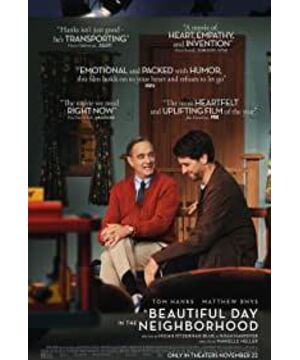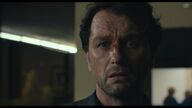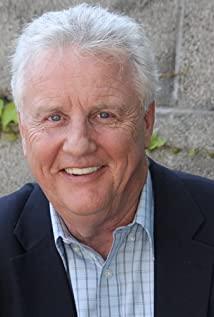This is a movie based on a true story. We follow a documentary reporter (the original family conflict, a realist who represses feelings) to interview a long-established children's show host, a honest and wise old man, who accompanies a city's When a person grows up, he tricks children into accepting himself and growing up; and this reporter, who was also educated by him, accepts his family and grows up.
In the middle of the film, it is a little dull. I think most Chinese people will not have such a thing as a father abandoning his wife, but the single parent rate in the United States remains high. The film believes that the hardships of life and family conflicts can be solved through forgiveness and self-acceptance, and people can also grow. I have to say that this has a very strong Christian ideological background. Maybe this is indeed a prescription, but the film's foreshadowing and The narration is insufficient for me: some hatreds really end in death, and some estrangements really exist forever.
Accepting yourself and dissolving the pain is easier said than done; just like the protagonist's forgiveness, acceptance of himself and his original family is a turning point, it is easier said than done for the audience to accept it; more often, we can only re-knock the bass area to escape shameful but useful.
Plot: Adapted from a true story, maybe watching this American who grew up hosting it will be more emotional, but I don't have much empathy, that is, the film needs more foreshadowing.
Director: Shooting in semi-documentary style, I still don’t think that thinking about people who love us for a minute can eliminate such a deep estrangement.
Audio-visual service: Tom Hanks' makeup is really old, really like.
Actor: The reporter's repression, refusal to reconcile with life, and doubts about human nature; the old host is wise and friendly, and is used to seeing wind and waves.
View more about A Beautiful Day in the Neighborhood reviews











